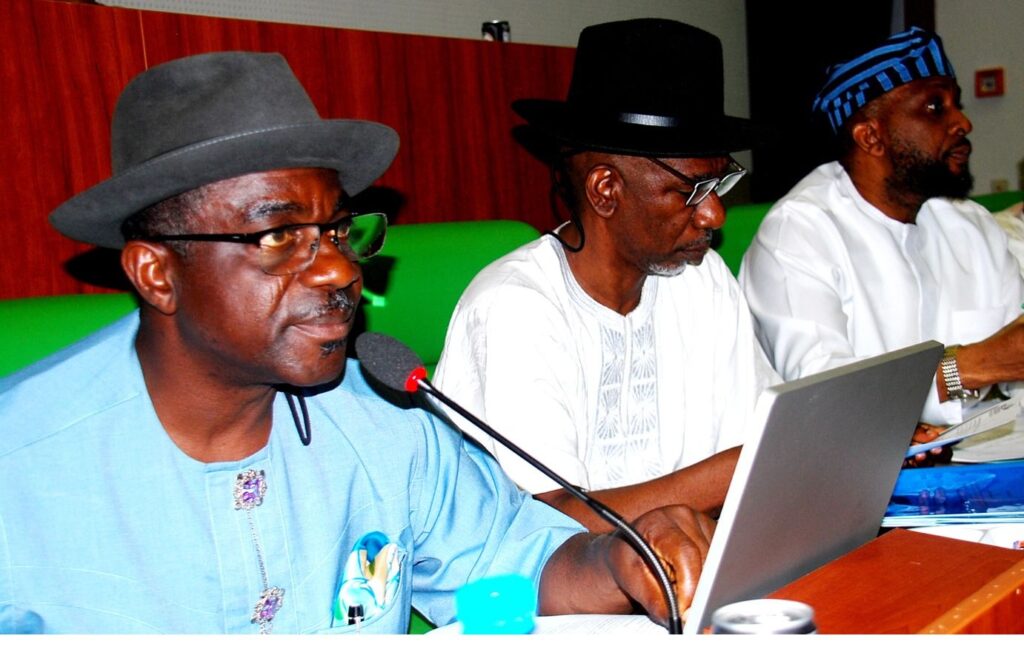The Indigenous people of the Federal Capital Territory (FCT) on Wednesday demanded justice, saying the relocation policy adopted by the Federal Capital Territory Administration (FCTA) was a violation of their fundamental human rights and the rule of law.
The native inhabitants made the request during a public hearing organised by the House of Representatives Committee on Area Councils and Ancillary Matters at the National Assembly Complex.
Representative of the group, Bala Iya, in his presentation, decried what he described as a longstanding pattern of injustice and discriminatory practices against indigenous residents.
He said farmlands had been seized without compensation, disrupting not only livelihoods but the people’s spiritual and cultural ties to their land.
“The resettlement process must include allocation of reasonably sized land, with proper title documents and financial support for building development as approved by Development Control,” he said.
Similarly, the Original Inhabitant Development Association of Abuja, in their presentation, called for a constitutional amendment to secure equal rights for FCT natives.
President of the group, Danladi Jeji, proposed the establishment of a National Commission for Indigenous Peoples to address the systemic challenges faced by original inhabitants.
Represented by Giwa Bamaiyi, the president said they deserve an inclusive urban renewal and integration approach, one that fosters acceptance, comfort, and provides humane and equitable alternatives.
Also speaking at the hearing, the Sepeyi of Garki, Chief Usman Nga Kupi, who represented the Ona of Abaji, lamented the sacrifices made by FCT natives, including the loss of ancestral lands and property in the name of national development.
While declaring the event open, Speaker Tajudeen Abbas urged stakeholders to freely express their views, noting that such contributions would assist lawmakers in crafting informed legislation.
Abbas, who was represented by Joe Oke Onuakalusi, described the intervention as a critical step towards promoting national unity and the brotherhood embedded in Nigeria’s constitution and national anthem.
He noted that the issue of integrating FCT indigenes has been a recurring debate across successive administrations, emphasising that the matter is not just relevant to Abuja but has broader implications for justice and equity across the country.
Chairman of the House Committee on Area Councils and Ancillary Matters, Fredrick Agbedi, explained that the hearing was prompted by a motion earlier moved on the need to explore alternative approaches to resettling or integrating both indigenous and non-indigenous residents in the FCT.
“The FCT is a symbol of unity and a representation of our national ideals. It was built for all Nigerians, irrespective of ethnic, religious, or regional backgrounds,” he said.
“However, with growth and diversity come complex challenges—including the displacement of indigenous communities, the unclear status of non-indigenous residents, and the tension between customary land rights and modern urban planning.”
In his remarks, Director of Resettlement and Compensation at the FCDA, Nasiru Suleiman, requested additional time for the agency to present its memorandum. The committee granted a two-week extension to enable the FCDA to submit its presentation.















